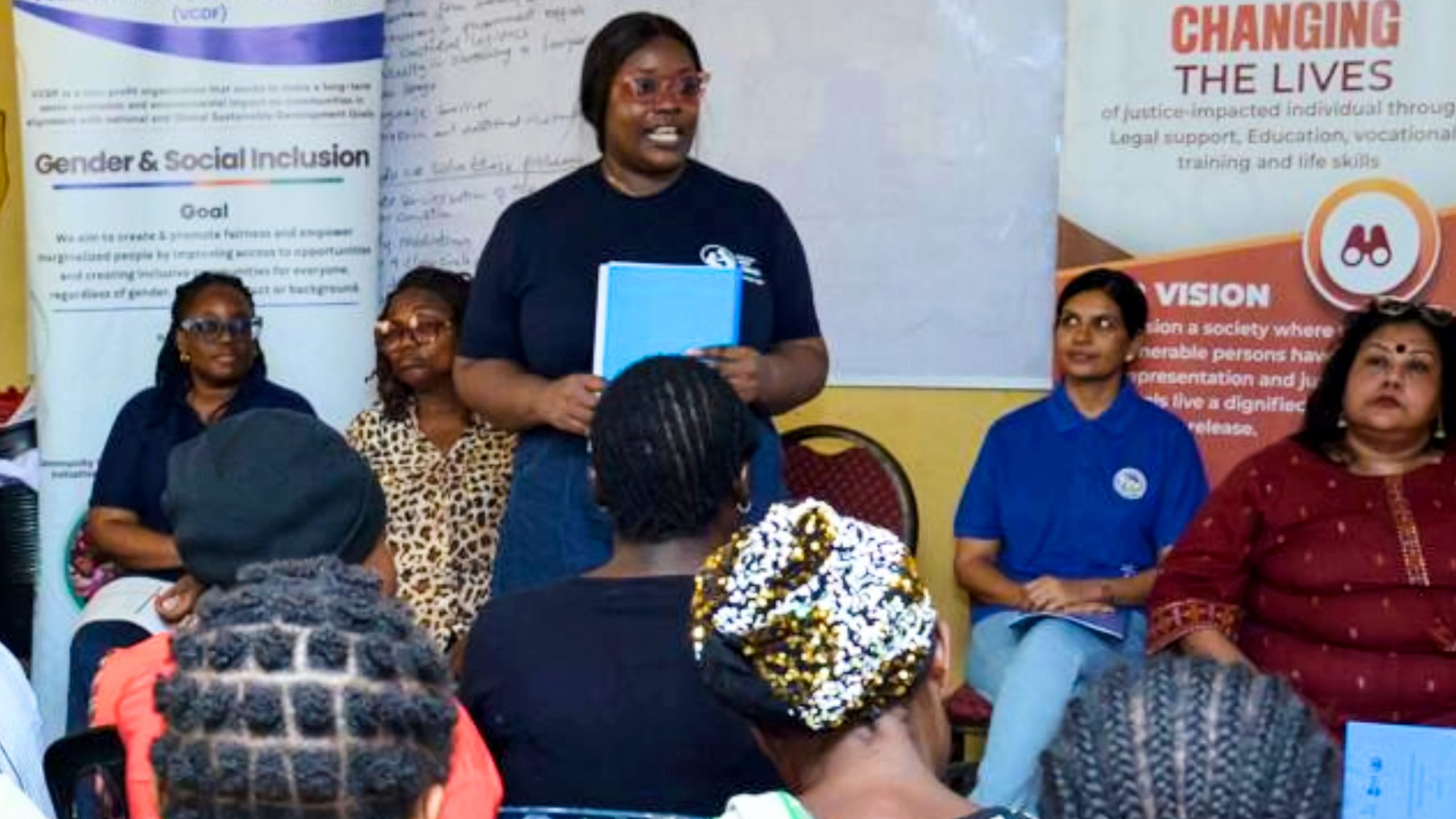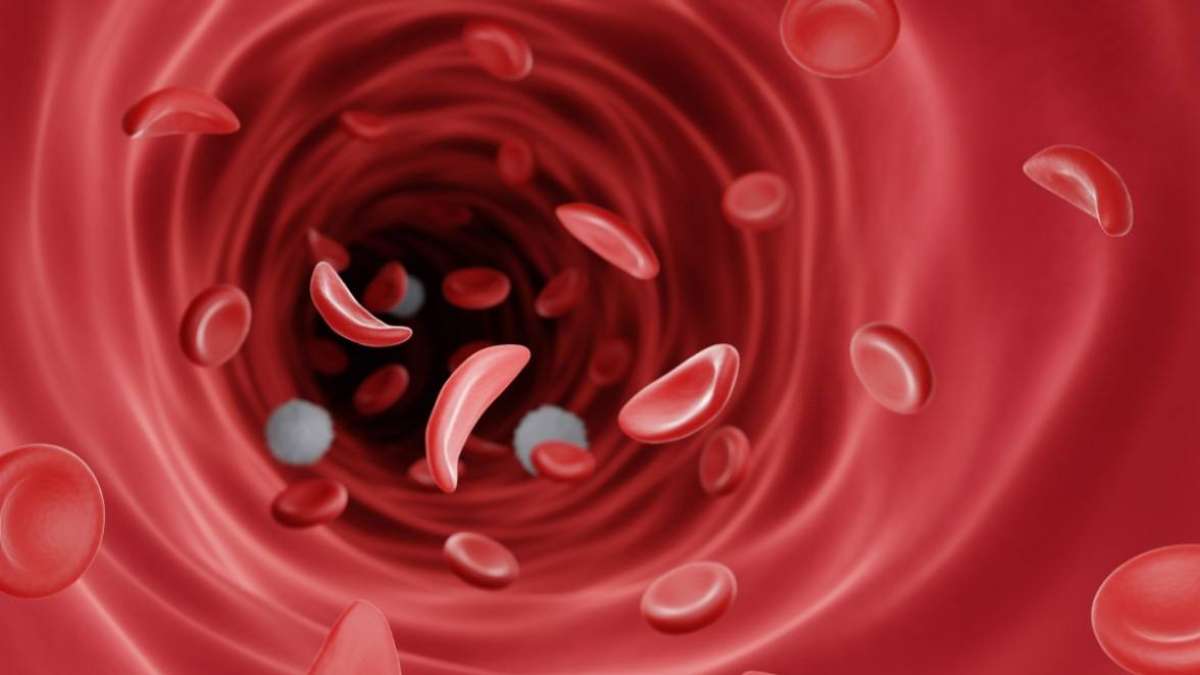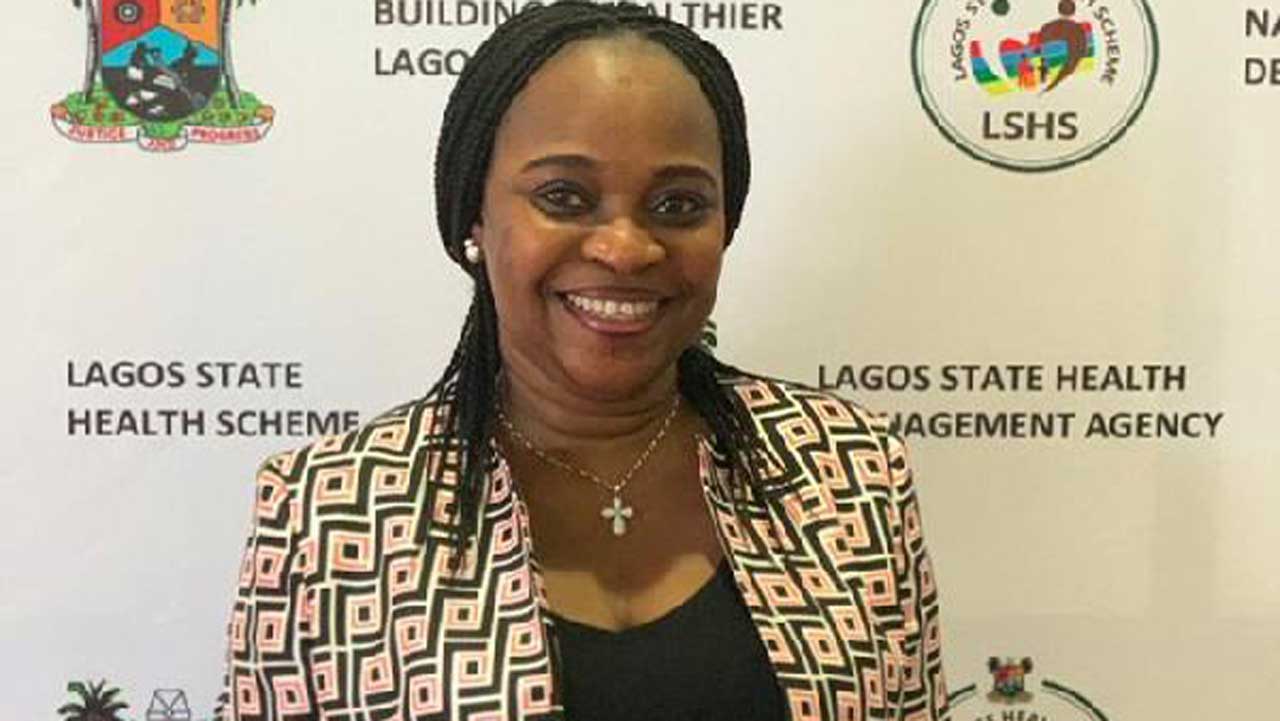As Nigeria joins the rest of the world to mark this year’s World Stroke Day (WSD), medical experts and advocates have called for stronger grassroots awareness to curb the rising incidence of stroke across the country.
Leading the campaign, Stroke Action Nigeria, in partnership with the World Stroke Organisation (WSO), Federal Medical Centre (FMC) Onitsha, FMC Asaba, and Asaba Specialist Hospital, has launched a nationwide sensitisation campaign themed “Power to STOP Strokes in Nigeria.”
The initiative seeks to empower Nigerians with the knowledge and tools to prevent stroke, recognise early warning signs, and support survivors and their families.
In Anambra and Delta States, more than 200 trained Stroke Champions are driving the campaign through schools, workplaces, universities, and communities. Activities include door-to-door sensitisation, health talks, and fitness exercises, encouraging citizens to take proactive steps to protect their health.
Speaking on the campaign, Chief Executive of Stroke Action Nigeria and Board Member of the World Stroke Organisation, Dr Rita Melifonwu, emphasised that community-driven awareness remains a vital weapon against stroke.
“Every Nigerian has the power to stop strokes. By equipping ourselves with the knowledge to prevent and act fast when stroke strikes, we can drastically reduce the number of lives and families affected by this devastating condition,” she said.
Melifonwu disclosed that Stroke Action Nigeria, in collaboration with the Federal Ministry of Health and other partners, is rolling out community-based activities to mark this year’s World Stroke Day. These include free stroke risk assessments covering blood pressure, diabetes, cholesterol, and body mass index checks, as well as weekly fitness sessions tagged “Park Walk and Run Against Stroke” to promote exercise and weight management among Nigerians at risk.
She noted that the organisation has also introduced a series of Stroke Assemblies, interactive conferences, and workshops to deepen public understanding of stroke prevention, emergency response, and post-stroke rehabilitation. The forums provide platforms for healthcare professionals, survivors, and community leaders to exchange ideas and strengthen collective action.
Melifonwu, who also serves as Co-Chair of the Case Management, Research, and Surveillance Non-Communicable Diseases (NCD) Technical Working Group at the Federal Ministry of Health, stressed that early detection and rapid response significantly improve survival rates. She urged for improved stroke care systems and stronger community engagement nationwide.
Reaffirming the organisation’s commitment, she said Stroke Action Nigeria would continue to expand access to stroke prevention, care, and rehabilitation services through sustained collaboration with local and international partners.






